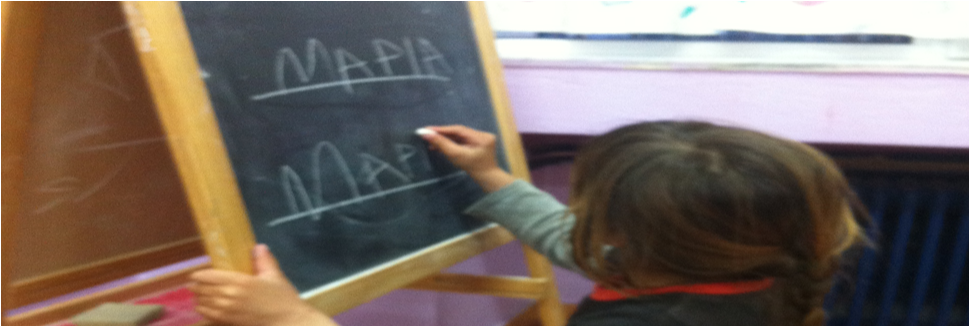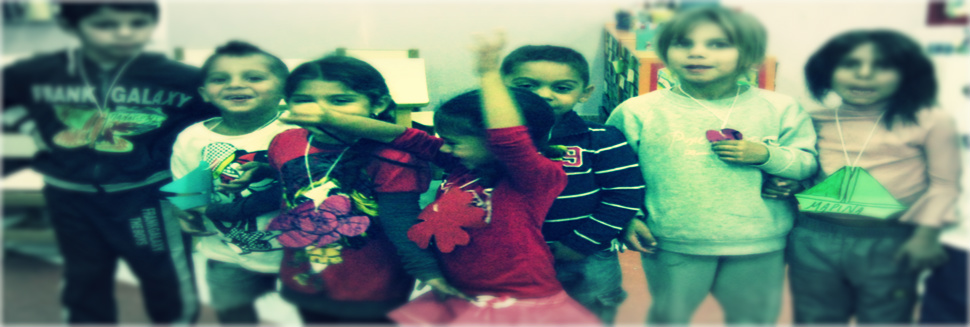Steps of planning and programme realization
1a. Children Participation: Observation of the children’s interests and queries or common search and concretization of the subject (we detect/listen to the children’s interests/queries or find together the subject and make it concrete
1b. The framework of preconditions is considered : Priorities of the organisation, sources of the community, specialists/teachers special interests and skills
1c. Suitability of the subject: ability for inquiring learning and improvement of main skills, for parents participation, for personal test/effort, etc.
2. Planning and preparation of the programme
2α. Teachers’ coordination : initial/general planning, material supply (where required), acquisition of knowledge, preparation of educational excursions and actions, parents’ active participation and information etc.
2b. Reflection on group : Relation of the subject with the curriculum and the educational aims, dynamic for the development of methodological learning skills
- Common planning with the children: common preparation of the first queries and activities of the programme, flexible planning enables inclusion of new queries and ideas
3. Introduction to the research project
3a. Recording: What do the children already know about the subject? What experience do they already have?
3b. Gathering of different opinions: What are the personal opinions about the subject?
3c. Concretization of questions: What are the new things that the children want to discover and learn?
4. Main phase of the research project
4a. Gathering of information: Common planning about how children can learn more about the subject, gathering of information, evaluation of results
4b. Inter-thematic learning: Various activities are implemented, which comprise and improve various skills and involve different courses
4c. Phase of criticism/consideration/ enquiry : common enquiry, about what have learned the children up to now and how, as well as what they would like to learn later. (Reinforcement of methodological learning skills)
4d. These steps are repeated a lot of times in the main phase.
5. Completion of the research project
5a. Presentation of results: The children present to others the results of their research project (e.g. through a presentation, a panel, an exhibition or in the framework of an event)
5b. Documentation: The children document during the course of the research project and its planning/creation.
5c. (Criticism)Reflection/Consideration : The presentation and documentation are used in order to consider with the children their way of thinking and learning (reinforcement of methodological learning skills)


















